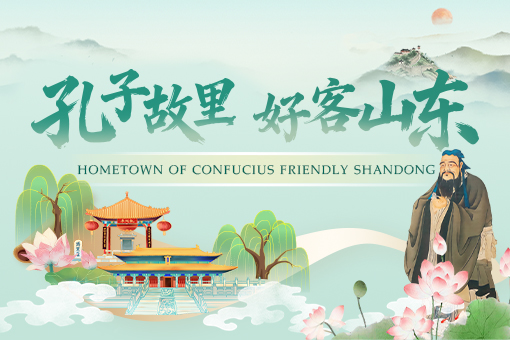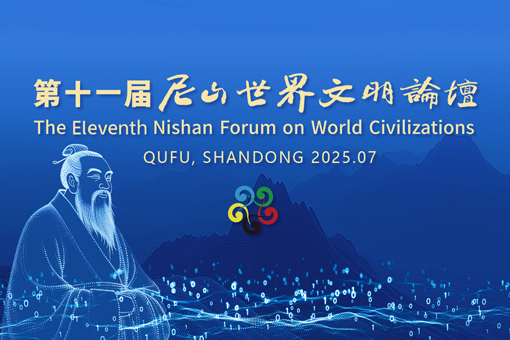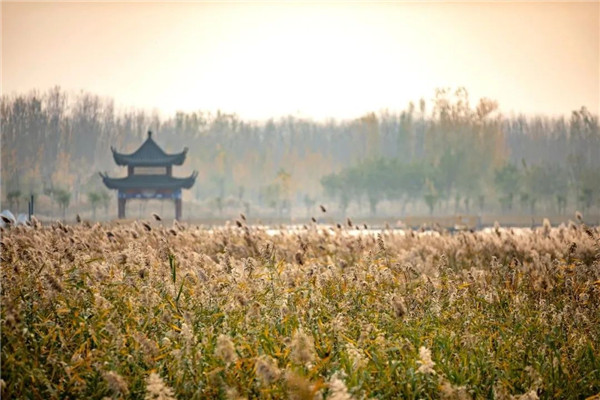Xi focuses on people-first governance
People: Chinese dream linked with yearning for better life
Peng Xiaying, a farmer in Shenshan, a remote mountain village in Jinggangshan, Jiangxi province, still remembers when President Xi Jinping walked into her house on Feb 2, 2016, during an inspection tour to observe local efforts on poverty alleviation.
"He chatted with me, asking what kind of difficulties I have in everyday life, such as food, clothing, crops and daily necessities. He encouraged me to have confidence in shaking off poverty and living a better life," Peng recalled.
Putting people first has been at the center of Xi's governance philosophy. Every time he has conducted an inspection tour in recent years, he has chatted with locals to learn details about their lives, including their incomes, housing situation, healthcare, children's education and elderly care services. He has also seen how the policies of the Communist Party of China and the government have been carried out to benefit the people.
Since he became general secretary of the CPC Central Committee in 2012, Xi has visited 31 provinces, municipalities and autonomous regions across the country. A book about the interactions between Xi and the people during his domestic inspection tours — the title translates to Xi Jinping's Visits to Homes of Ordinary People — was recently published by the China Women Publishing House.
The book, compiled by the All-China Women's Federation, relives the moments when Xi visited people's homes and talked with them about their livelihoods. Xi's visit to Peng's home is one of the stories.
"As President Xi has said, 'Happiness comes out of arduous work.' I believe that through my efforts, … I will live a better life," Peng said.
Soon after Xi visited Shenshan village, Peng with her family's help, used her savings to open a small restaurant offering bed-and-breakfast services. The business earns her family an annual income of around 120,000 yuan ($17,900).
She and her husband, who is disabled, also run a store in the village selling their homemade products, such as preserved fruit, bacon and dried bamboo shoots. Her business has generated good profits in the past few years.
"Since President Xi visited us, many visitors have had meals in our restaurant. Now we are better off," Peng said.
While upholding a people-centered philosophy, Xi has demonstrated passionate concern for the people. In his New Year address to ring in 2022, Xi said, "The concerns of the people are what I always care about, and the aspirations of the people are what I always strive for."
"Our country, big as it is, also has its list of priorities. The myriad of things we attend to all boil down to matters concerning every household. … Every time I visit people in their homes, I would ask if they have any more difficulties, and I would remember everything my folks have to share with me," Xi said.
On Feb 13, 2015, a few days before Lunar New Year, Xi returned to Liangjiahe, a mountain village in Shaanxi province, where he lived about seven years, after arriving there age 15. He visited Liu Jinlian, who provided Xi with somewhere to live, and other villagers. "He treated us as closely and affectionately as he did when he was the Party secretary of the village decades ago. I feel his heart is always with us," Liu said.
In a speech in Seattle, the United States, in September 2015, Xi talked about his work and life in Liangjiahe. "At that time, the villagers and I lived in 'earth caves' and slept on 'earth beds'. Life was very hard. There was no meat in our diet for months. I knew what the villagers wanted the most," Xi said.
"Later I became the village's Party secretary and began to lead the villagers in production. I understood their needs. One thing I wished most at the time was to make it possible for the villagers to have meat and have it often."
During his 2015 visit, Xi saw the drastic changes that had taken place in Liangjiahe. Now living in houses made of bricks and tiles, the villagers also had internet access. Elderly folks had basic old-age care and all villagers had medical care coverage. Children were in school and meat was readily available.
"This made me keenly aware that the Chinese dream is after all a dream of the people. We can fulfill the Chinese dream only when we link it with our people's yearning for a better life," Xi said in his speech.
Despite China being the world's second-largest economy, it still faces unbalanced and inadequate development and the people's ever-growing needs for a better life.
On his nationwide inspection tours, Xi often asked residents whether they use pit latrines or flush toilets, and he stressed the importance of clean toilets. "A small toilet has big significance to people's quality of life," he said.
Toilets in poorer rural areas were often little more than makeshift shelters surrounded by trees and shrubs, while others were open pits next to pigsties, which can potentially pose health risks to villagers.
When he visited Guangdong village in the Yanbian Korean autonomous prefecture, Jilin province, in July 2015, villager Li Longzhi invited Xi to his home.
"When the general secretary heard many villagers still use pit latrines, he said to officials accompanying him that efforts should be made to advance the construction of a new countryside. 'Toilet revolution' should be promoted in rural areas," Li recalled.
Thanks to Xi's attention to the issue, all villagers' homes are now equipped with indoor flushing toilets, Li said.
In his report to the 20th CPC National Congress, Xi urged efforts to improve the people's well-being and raise the quality of life. "Working for the people's well-being is an essential part of the Party's commitment to serving the public good and exercising governance for the people. We must ensure and improve the people's well-being in the course of pursuing development and encourage everyone to work hard together to meet the people's aspirations for a better life."
Li Hongyang contributed to this story.



 Embark on cultural trip in Shandong
Embark on cultural trip in Shandong Global civilizations shine at Nishan in Shandong
Global civilizations shine at Nishan in Shandong Explore Taishan Mountain's autumn splendor
Explore Taishan Mountain's autumn splendor

